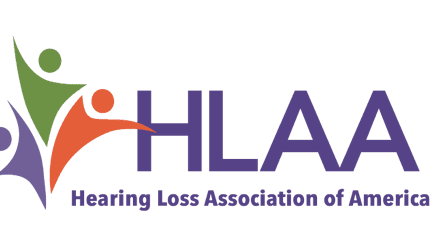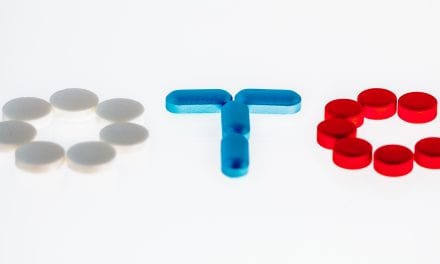Eargo, Inc (Nasdaq: EAR), a medical device company on a mission to improve the quality of life of people with hearing loss, announced the submission of public comments to the Food and Drug Administration (FDA) concerning its proposed rule to create a new regulatory category of over the counter (OTC) hearing aids. In its announcement, Eargo says it “is supportive of the FDA’s proposed rule and applauds the FDA’s efforts to broaden consumer access to hearing technology.” Historically, most people with hearing loss who would benefit from wearing a hearing aid have never used them, even though unaddressed hearing loss is associated with significant negative health outcomes and increased costs.1,2 Eargo believes the FDA’s efforts to establish a regulatory framework for OTC hearing aids with appropriate measures to ensure consumer safety will help increase adoption of necessary hearing technology.
Christian Gormsen, Eargo’s President and Chief Executive Officer, said, “Eargo was founded to create an affordable hearing aid that consumers actually want to use, and to offer a purchase experience that is accessible and empowering. We believe our founding principles align very closely with the objectives of creating an OTC hearing aid category: removing barriers to access, driving innovation, ensuring customer safety, and reducing cost. This industry is long overdue for the types of positive changes the FDA is proposing, which we believe will benefit consumers and allow more people to take steps toward hearing better. We are very supportive of the FDA’s proposed rule and look forward to the positive changes this will have on the future of hearing health.
“We also believe the FDA’s proposed removal of certain selling restrictions for OTC hearing aids will allow Eargo to expand the way we serve customers. If finalized as written, we believe adding full retail and physical locations to our current online experience would become simplified and scalable, expanding our capabilities to meet customers where they are.
“As an innovator in hearing wellness, with more than 100,000 gross hearing aid systems shipped to help people hear life to the fullest, Eargo supports a regulatory framework that aims to improve access and lower cost to consumers.”
The new OTC category applies to certain air-conduction hearing aids intended for adults aged 18 and older who have perceived mild-to-moderate hearing loss. If finalized as written, all air conduction hearing aids that do not meet the requirements for OTC hearing aids will become prescription devices. When finalized, the rule would allow hearing aids within the OTC category to be sold directly to consumers in stores or online without a medical exam or the need for supervision, prescription, order, involvement, or intervention of a licensed hearing professional.
1 National Institute on Deafness and Other Communication Disorders (NIDCD) website. Quick statistics about hearing. https://www.nidcd.nih.gov/health/statistics/quick-statistics-hearing. Published March 25, 2021.
2 Reed NS, Altan A, Deal JA, et al. Trends in health care costs and utilization associated with untreated hearing loss over 10 years. JAMA Otolaryngol Head Neck Surg. 2019;145(1):27-34.
Source: Eargo






No surprise here. A direct to consumer company under investigation by the Dept of Justice for insurance fraud looking to expand their market of potential victims, oh uh I mean customers.